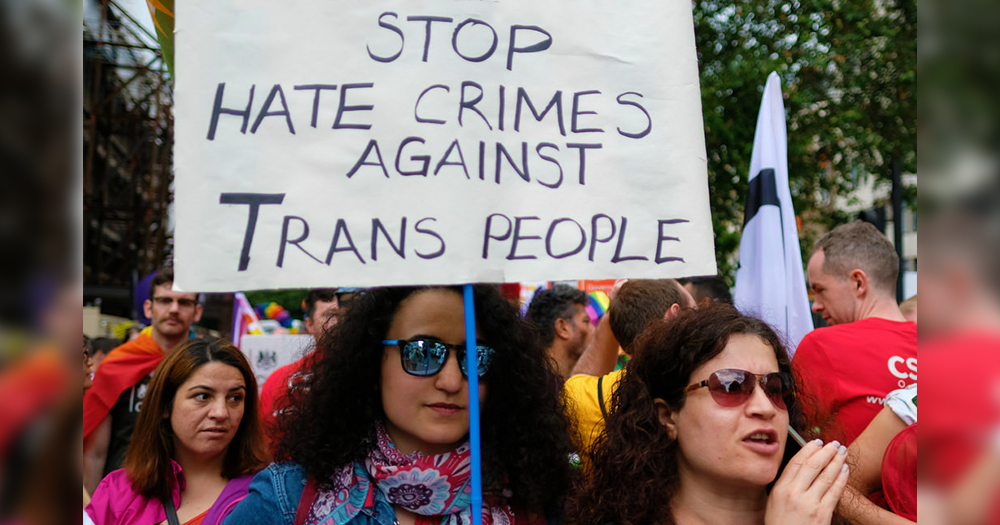A report published by the Chief Commissioner of the Irish Human Rights and Equality Commission shows Ireland to be one of the worst countries in the EU in addressing hate crime.
The Lifecycle of a Hate Crime: Country Report for Ireland shows that the hate element of any crime is filtered out of the criminal justice process from the point at which a victim reports a crime to the Gardaí to the point at which a judge sentences an offender.
Commissioner Emily Logan said: “It is not the responsibility of victims to avoid being targets of hate crime: the State, as the principal duty bearer – has a responsibility to send a clear message to society that hate crime is not tolerated.
“Hate Crime has a real-world, oppressive and damaging effect on those who fall victim to it. Hate Crime can cause people to withdraw from society and avoid expressing their identity.
“When unchallenged, hate crime carries consequences well beyond the immediate victim.
“It has the power to act as a ‘message crime’ – the ability to send out a message to an entire community – to warn off those who stray from the norm.
“It can also cause people to alter their daily lives to avoid further victimisation, including moving neighbourhood or job.”
Report co-author, Dr Amanda Haynes, said: “There is no way of recording that an offender has committed a hate crime, meaning that there is no way of addressing this type of offending behaviour and no way of recognising recidivists.
“Hate crime simply is not part of the language of the Irish criminal justice process.”
Clear Message Needed From Government
The Irish Council for Civil Liberties said that Ireland has one of the highest rates of hate crime against those from an African background and transgender people in the EU, but no laws to address it.
This research is part of a larger body of work which was undertaken in five jurisdictions within the EU – Ireland, England and Wales, Latvia, the Czech Republic, and Sweden in which contrasting approaches to the prosecution and punishment of hate crime are evident.
The Irish research was conducted by the Hate and Hostility Research Group at the University of Limerick.
The authors of the report said the absence of any laws against hate crime has led to a “policy vacuum” in relation to crimes motivated by prejudice in Ireland.
Co-author Jennifer Schweppe said: “The EU Framework Decision on combating racism and xenophobia requires member states to ensure that a racist motivation is taken into account at sentencing.
“The European Court of Human Rights has also made clear that states are under an obligation to ensure that a hate element is properly investigated in all cases.
“Unfortunately, the criminal justice process in Ireland does not provide those working in the system with the tools to ensure that these two obligations are met.
“People experience hate crime every single day in our country, and it is time that politicians recognised this, and send a clear message through legislation that it is not acceptable.”
Executive Director of the Irish Council for Civil Liberties Liam Herrick said: “This report identifies significant gaps in Irish law, policy and criminal justice practice around how we respond to the problem of hate crime.”
© 2018 GCN (Gay Community News). All rights reserved.

